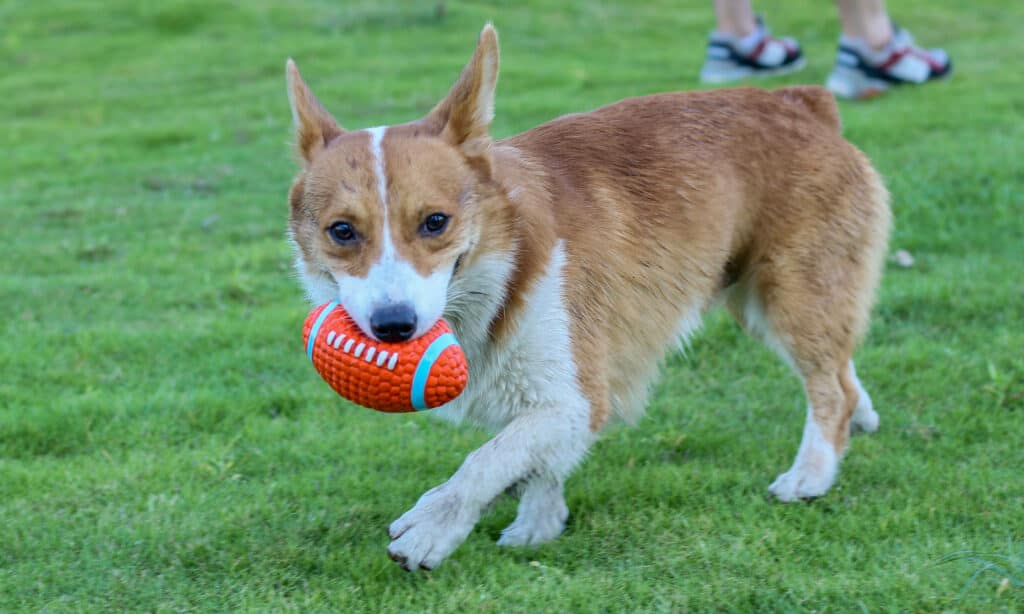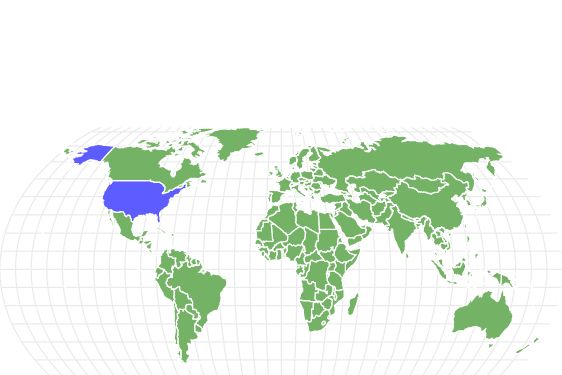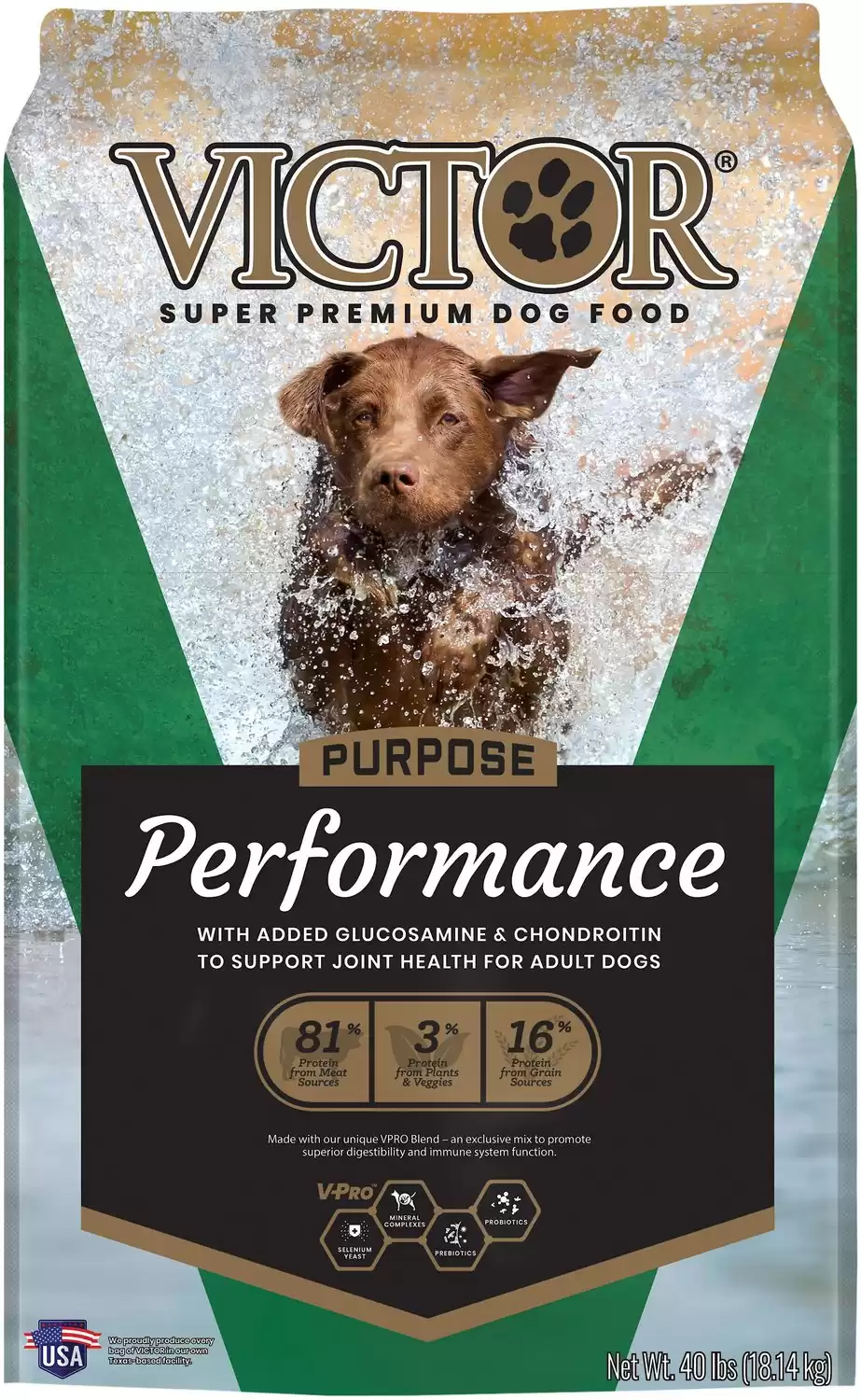Corgidors are herding dogs that typically help out on cattle farms.
Advertisement
Corgidor Facts
Corgidor Physical Characteristics
Corgidor as a Pet:
- General Health
- Energy Level
- Shedability
- Trainability
- Intelligence
- Tendency to Chew
- Size
- Family and kid friendliness
- Yappiness / Barking
- Moderate
- Separation Anxiety
- Low
- Preferred Temperature
- Average climate
- Exercise Needs
- High
- Friendly With Other Dogs
- Moderate
- Pure bred cost to own
- $1000
- Dog group
- Non-sporting
- Male weight
- 40-55 lbs
- Female weight
- 40-54 lbs
This post may contain affiliate links to our partners like Chewy, Amazon, and others. Purchasing through these helps us further the A-Z Animals mission to educate about the world's species.
View all of the Corgidor images!
The corgidor has been around significantly longer than other designer dog breeds. Although definitive records don’t exist, this hybrid is assumed to have been first created in the early 1900s to help as a cattle dog.
Corgis and labrador retrievers are two of the most popular breeds in the United States. Because of this, it’s no surprise that the hybrid corgidor is such a widespread success. These adorable pups have the short legs of a corgi and the friendly face of a labrador retriever. They’re playful, intelligent, and wonderful company around the house.
See all of our expert product reviews.
Although finding a corgidor may be difficult, these crossbred dogs are worth the wait. You’ll love having a small-sized pup combined with the love for life that labs are known for. Corgidors are great family pets, especially if you have older children, and they’re beloved by owners of all ages.
3 Pros and Cons Owning a Corgidor
| Pros! | Cons! |
| Playful demeanor: They love to play with toys, and they’re small enough to run around the house without causing destruction. This makes them a great choice for family pets. | Regular shedding: They shed constantly, especially when the seasons change. Manage the shedding by brushing your dog every day, or at least two to three times a week. |
| Low separation anxiety: A well-trained corgidor is a smart but relaxed dog that can cope with being left alone for several hours without barking or engaging in destructive behavior. | Extra exercise: They are extremely energetic dogs that require a lot of extra time outside. Plan to take your dog for at least two walks every day. |
| Minimal barking: Although they may sound the alert when a visitor arrives, these dogs are relatively relaxed dogs that don’t bark at every sound they hear. | Long backs: Like corgis, these dogs have long backs that can be easily injured. Handle your pet gently, and don’t let small children play with them. |
Corgidor Size and Weight
Corgidors are small to medium sized dogs with short legs, long torsos, pointed faces, and large ears. These crossbred dogs can come in a variety of sizes and heights depending on which parent breed’s features they inherited. Most corgidors weigh between 40 and 55 pounds and stand between 10 to 23 inches tall. Female corgidors may be a few pounds lighter and usually don’t stand taller than 20 inches.
| Height (Male): | 10 to 23 inches |
| Height (Female): | 10 to 20 inches |
| Weight (Male): | 40 to 55 pounds |
| Weight (Female): | 40 to 50 pounds |
Corgidor Common Health Issues
Corgidors are generally healthy dogs, but they do share the potential genetic issues of their parent breeds. Like corgis, these dogs have back problems that can be exacerbated by the labrador retriever’s tendency to gain excess weight. They also need their ears cleaned regularly to avoid infections. As with other designer breeds, corgidors may be susceptible to joint dysplasia, epilepsy, and retinal issues.
- Back problems
- Obesity
- Joint dysplasia
- Epilepsy
- Ear infections
- Retinal issues
Corgidor Temperament
Corgidors are sweet, playful, and friendly dogs with gregarious personalities. These pups love to play and are the perfect size to spend time with the family. Expect your dog to exhibit adorable traits like chasing balls, rolling on the floor, and following people around the house.
These dogs are smart and are easy to train. Like labradors, corgidors are eager to get along with their parents and will love to learn basic commands. However, these dogs can also exhibit stubborn behaviors and may not be interested in learning more than a few extra tricks.
Health and Entertainment for your Corgidor
See all of our expert product reviews.
How to Take Care of a Corgidor
Corgidors are intelligent and involved dogs that need direct attention from their parents. Most have high exercise needs and enjoy playing with the family for extended periods of time. However, because they have long backs, these dogs need to be handled gently and kept away from small children.
The Best Dog Food for Corgidors
Corgidors are a small to medium breed with moderately high caloric needs. Feed your dog a high-quality kibble with plenty of protein and healthy fats. If you prefer to make homemade dog food, make sure to include cooked meats and green vegetables. Because they have small mouths, they need their food cut up into bite-sized pieces.
In our opinion at A-Z Animals, the best dog food for Corgidors is Victor Super Premium Dog Food – Performance Dry Dog Food.
We prefer this protein-rich beef diet, because it’s satisfying with fiber from wholesome grains to keep your dog full and reduce its risk of obesity. It includes supplemental glucosamine to help prevent joint dysplasia, with amino acids and probiotics for a resilient immune system.
Here’s where to purchase Victor Super Premium Performance Dog Food on Chewy and Amazon.
- 26% multi-protein, gluten free dry dog food
- Aids in dog's digestion, immune system function and healthy skin and coat
- Contains selenium yeast, prebiotics and probiotics, and mineral complexes for optimum health
Maintenance and Grooming
Corgidors have incredibly soft and fluffy coats that most owners adore. However, these dogs also shed constantly, especially when the seasons change. Manage the shedding by brushing your dog every day, or at least two to three times a week. You will also need to clean your corgidor’s ears frequently to keep them from getting infected; follow your vet’s guidelines for a standard care routine with a recommended product.
Training
Corgidors are very smart dogs that have an easy time picking up new commands. However, some of this breed also has a stubborn streak or may have difficulty paying attention for long training sessions. Expect to teach your corgidor basic tricks, and complete the experience by showing them how to play fetch at a high level of skill.
Exercise
Corgidors are active dogs that need at least two walks every day. These pups also love to run and play as much as possible, especially when they are younger. Try introducing your corgidor to games like fetch, frisbee, or lure-chasing. As your corgidor gets older, their exercise needs will go down. Remember not to push your corgidor past exhaustion, especially because they are prone to back issues.
Corgidor Puppies
Puppies are sweet and friendly, but they are also small and fragile. Because they like to get into trouble, corgidor puppies should be watched carefully until they are large enough to stay out of trouble. Start training early to teach your pet how to interact with you; if you wait too long, you might have trouble maintaining their attention.

Although they may sound the alert when a visitor arrives, corgidors are relatively relaxed dogs that don’t bark at every sound they hear.
©lisatang/Shutterstock.com
Corgidors and Children
Corgidors are loving dogs that get along well with children. However, because their backs are fragile, these pups should never be left alone with small children who don’t know how to respect a dog’s boundaries. These dogs have a herding instinct, which means that they may be tempted to nip at ankles or interact strongly with other pets. For best results, keep an eye on your corgidor, especially at large social gatherings.
Dogs Similar to Corgidors
Corgidors are small, fluffy dogs with herding instincts and a strong family attachment. If you want a similar experience, try adopting one of the other breeds directly related to either corgis or labrador retrievers.
- Corgi: If you can’t find a corgidor, you can always adopt a traditional corgi. These dogs have sweet personalities and iconic appearances that have stood the test of time.
- Corgipoo: Crossed between a corgi and a poodle, corgipoos are sweet and intelligent dogs that shed significantly less than corgidors.
- Labradoodle: The labradoodle is a cross between a poodle and a labrador retriever. These dogs are fun, cuddly, and attached members of the family.
Popular Names for Corgidors
Popular names for corgidors include:
- Bowie
- Glenn
- Charlotte
- Cooper
- Mimi
- Olive
- Lucy
- Angel
- Sweetie
- Rascal
Corgidor FAQs (Frequently Asked Questions)
What is a corgidor?
A corgidor is a hybrid between a labrador retriever and a corgi. Every corgidor looks different, but they all typically have short legs, large ears, and friendly faces. Corgidors come in many different colors; depending on what their parents look like, they can have tan, white, copper, black, and even gold coats of fur.
How much do corgidors cost to own?
The average price of a purebred corgidor is around $1,000. Make sure to only pay this price when buying from breeders who can produce a genetic record or pedigree for both of the parents. Otherwise, you may think your corgidor was descended from a black lab when it was actually mixed with a different breed entirely. In addition to adoption fees, you’ll need to pay for regular grooming trips and ear cleaning. You may be able to find a corgidor at an animal rescue for a lower price.
Are corgidors good with kids?
Corgidors are small and energetic dogs that get along relatively well with children. As with all dogs, make sure that your corgidor is never left alone with unsupervised small children. If your corgidor puppy starts to get tired, make sure to rescue them before the social situation progresses to a negative point.
How long do corgidors live?
The average corgidor lives to be around 10-13 years old. You can keep your corgidor alive longer with a good diet and regular visits to the vet. Get your corgidor checked as a puppy for joint problems and other health issues that might impact their life span.
Are corgidors good family dogs?
Corgidors are small but intelligent dogs that make great members of the family. Your puppy will enjoy hanging out with the kids, exploring the house, and napping peacefully by your feet while you work. Before you consider adoption, make sure you’ll have plenty of time to spend with your corgidor; these dogs can be left alone, but only for a few hours in a row.
How big will a corgidor get?
Corgidors are medium-sized dogs that usually weigh between 40 and 55 pounds. Expect your corgidor to stand about 12-23 inches tall, depending on which parent breed’s genetics they inherited. If you go through an animal rescue for your corgidor adoption process, remember that you can’t guarantee that your corgidor is purebred, which means they may be larger or have different physical traits.
Are corgidors hypoallergenic?
Corgidors are not hypoallergenic. In fact, these fluffy pups shed regularly throughout the year. Whether their coat is white, black, or copper, you can still expect to see dog hair on your furniture unless you vacuum regularly. Shedding can be managed by brushing your dog two to three times a week.
Thank you for reading! Have some feedback for us? Contact the AZ Animals editorial team.
Sources
- dogtime.com, Available here: https://dogtime.com/dog-breeds/corgidor#/slide/1
- dogbreedinfo.com, Available here: https://www.dogbreedinfo.com/corgidor.htm
- doggiedesigner.com, Available here: https://doggiedesigner.com/corgidor/
- petguide.com, Available here: https://www.petguide.com/breeds/dog/corgidor/
- thelabradorsite.com, Available here: https://www.thelabradorsite.com/corgi-lab-mix/


















